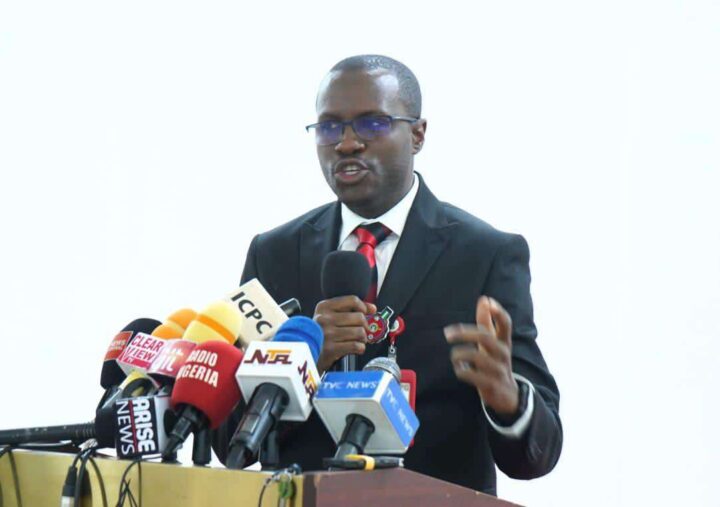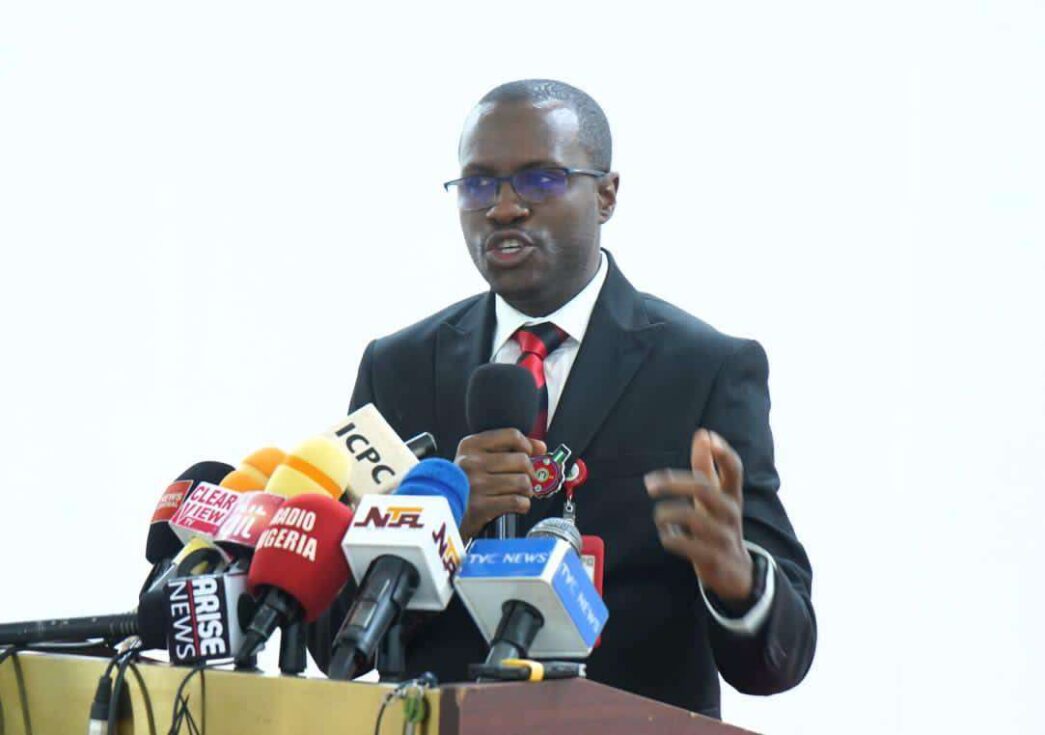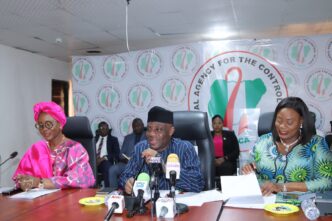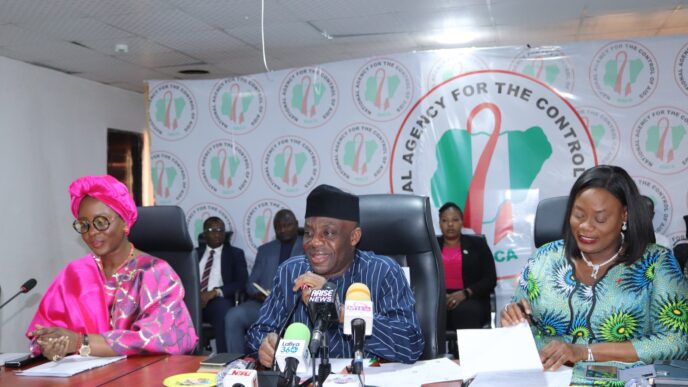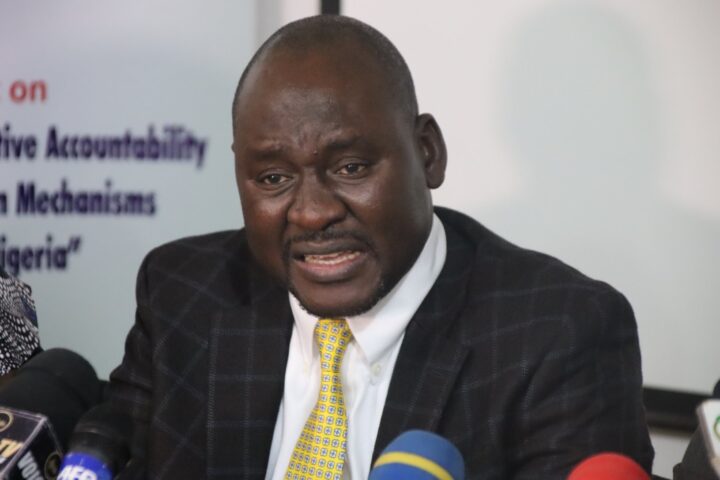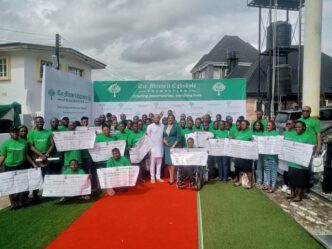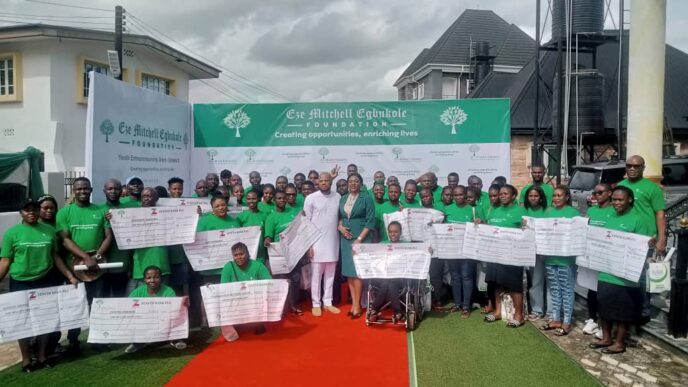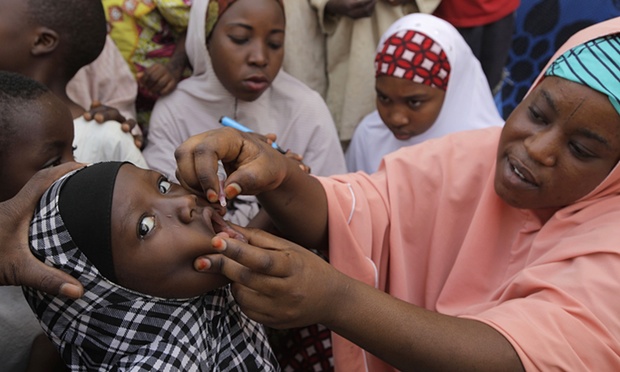Musa Aliyu, ICPC chair
Musa Aliyu, chairman of the Independent Corrupt Practices and Other Related Offences Commission (ICPC), says he is concerned about the rise in cases of sexual harassment in primary and secondary schools.
Aliyu was speaking on Tuesday during a national stakeholder engagement on sexual harassment prevention, which the commission organised in collaboration with the Gender Mobile Initiative (GMI).
The workshop sought to adopt frameworks that would tackle sexual harassment in higher institutions of learning.
The ICPC chairman said a major way to address the situation decisively is through “a consistent, persistent, focused, and united campaign”.
Advertisement
“The programme underscores the need to encourage partnerships between the public and private sectors, especially civil society, to ensure that all hands are on deck to address the various societal ills, such as sexual harassment and other forms of gender discrimination, which are threatening to tarnish our dear nation’s reputation,” Aliyu said.
“One of the expected outcomes of that project was the drafting of model anti-sexual harassment policies for various levels of educational institutions.
“It is sadly interesting to note that sexual harassment, though more notorious in tertiary institutions, is quite rampant in primary and secondary institutions, too.
Advertisement
“With the support of the Ford Foundation, the commission had a series of engagements with stakeholders in the basic education and secondary education sectors to sensitise them, and the office went further to draft a model sexual harassment policy for these institutions.
“In the spirit of partnership, the commission partnered with Gender Mobile to draft a model policy for tertiary institutions.
“The federal ministry of education approved the policies of the primary and tertiary institutions.
“The policies are not necessarily meant to be adopted word for word by stakeholders.
Advertisement
“Instead, it is expected that although they may be adopted wholly by any institution that so desires, they should serve as guidelines for what a comprehensive policy should contain.
“In furtherance of this vision, today’s meeting has been convened to ensure no lacuna in the policy design and implementation process by relevant stakeholders.”
He added that anyone can be a victim of sexual harassment.
“Today, our focus is on the model policy for tertiary institutions,” he said.
Advertisement
“In today’s deliberations, I want to encourage us to always keep in mind that anyone, irrespective of status, designation, or gender, staff or student, can be a victim of sexual harassment. Likewise, anyone could be a perpetrator.
“It is a notorious fact that Nigeria has so many laws and policies, but many of them are not being correctly implemented.
Advertisement
“Therefore, proper implementation of the model policies cannot be over-emphasised.
“This conference is being held to ensure that the model policy for tertiary Institutions does not end up like many others that need to be adequately implemented.”
Advertisement
In a goodwill message, Uju Kennedy-Ohanenye, minister of women affairs, said measures are being put in place to tackle the menace of sexual harassment in the country.
“Whoever commits sexual harassment will be prosecuted — be it a man or woman. When we have consequences, people will start respecting themselves,” she said.
Advertisement
“I believe mainly in justice. We have mobile courts now. We reached out to hotels with no lodging of underage girls.”
In her remark, Omowumi Ogunrotimi, GMI’s executive director, said the organisation is determined to integrate students in the campaign to end sexual harassment in tertiary institutions.
“As far back as 2019, we had a national conference where we validated this policy with a critical mass of stakeholders in the room, including the National Universities Commission (NUC), National Board for Technical Education (NBTE) and even the student community,” she said.
“We have NANS female wing which means that this particular process is all inclusive, so that it centres on leadership, participation, aspiration and experiences of persons who are mostly affected by the structural inequity, and that is the student community.
“We are really determined to move this initiative forward from here because we know in Nigeria, when policies are made, they do not automatically translate into implementation.
“That is why we have drawn participants from far and wide, with over 25 commissioners of education from states of the federation, to participate in this programme.”
Add a comment
